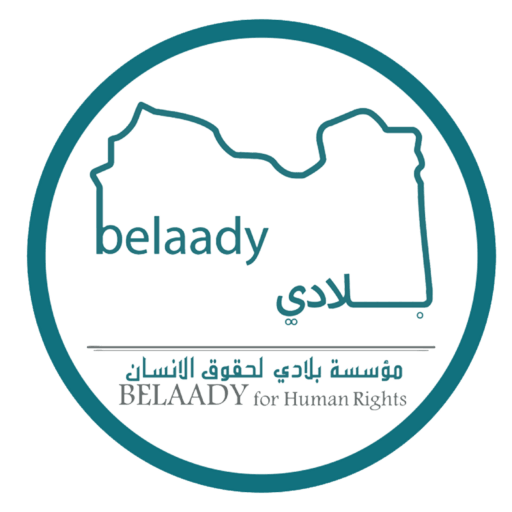Please scroll down for English
#بيان
#طرابلس 17 أبريل 2023م
نقص الرعاية الصحية للمهاجرين والفئات الهشة في ليبياينذر بمزيد من المخاوف على سلامة الكثير من المرضى بما فيهم النساء والقاصرين
ليس مستغرب غايب دور وزارة الصحة في رسم خطة واضحة للسماح للفئات الضعيفة من المهاجرين وغيرهم من تلقي العلاج بدون قيود أو طلب الأوراق الثبوتية ولكن ما لفت الإنتباه تزايد خذلان المنظمات الدولية هو ما يقلقنا في هذه الأيام , يعاني المهاجرين وطالبي اللجوء في ليبيا تخبط كبير في العثور على أماكن لتلقي العلاج بل هم عاجزين على إيجاد رقم هاتف يرد عليهم الطوارئ حتى فقدوا الأمل في الوكالات الدولية وشركائهم وايضاَ منظمة أطباء بلا حدود التي تشهد خدماتها في الشهور الأخيرة إنحدار خطير ومحبط للغاية , منذ مارس 2022 وترصد بلادي تراجع كبير في استجابة فريق أطباء بلا حدود خصوصا في طرابلس , يجب أن تتحلى المنظمات الدولية وشركائها بقدر كافي من الشفافية وتعلن عن حجم قدرتها على تقديم الرعاية الصحية حتى يتضح حجم النقص, كما يجب على تلك الوكالات والمنظمات بما فيها أطباء بلاء حدود أن تعيد النظر في تقييم فريقها الميداني وأن يتحصل على قدر كافي من التدريب وسرعة الإستجابة خصوصا في الحالات التي تتطلب تدخل سريع, نعيد ونكرر أن الرعاية الطبية العاجلة هي مسؤولية الدولة ثم الجهات التي تليها من منظمات ووكالات معنية .
Lack of health care for migrants and vulnerable groups in Libya heralds further concerns for the safety of many patients, including women and minors
Not surprisingly, the role of the Ministry of Health in drawing up a clear plan to allow vulnerable groups of migrants and others to receive treatment without restriction or request paperwork, but what has drawn attention to the growing failure of international organizations is what worries us these days. Migrants and asylum seekers in Libya suffer from considerable disruption in finding places to receive treatment. They are unable to find a telephone number to reply to them for the long haul until they have lost hope in international agencies and their partners. Since March 2022 Belaady has been monitoring a significant decline in the response of the MSF team especially in Tripoli, International organizations and their partners must be transparent enough and declare the magnitude of their ability to provide health care so that the magnitude of the shortage becomes clear. Those agencies and organizations, including Doctors without Borders, must review their field team’s assessment and receive adequate training and responsiveness, especially in cases where rapid intervention is required. We restate and reiterate that urgent medical care is the responsibility of the State and the subsequent organizations and agencies concerne


![بيان مشترك لعشرون [20] جمعية و منظمة من منظمات المجتمع المدني في ليبيا](https://belaady.org/wp-content/themes/gridlove/assets/img/gridlove_default.jpg)









